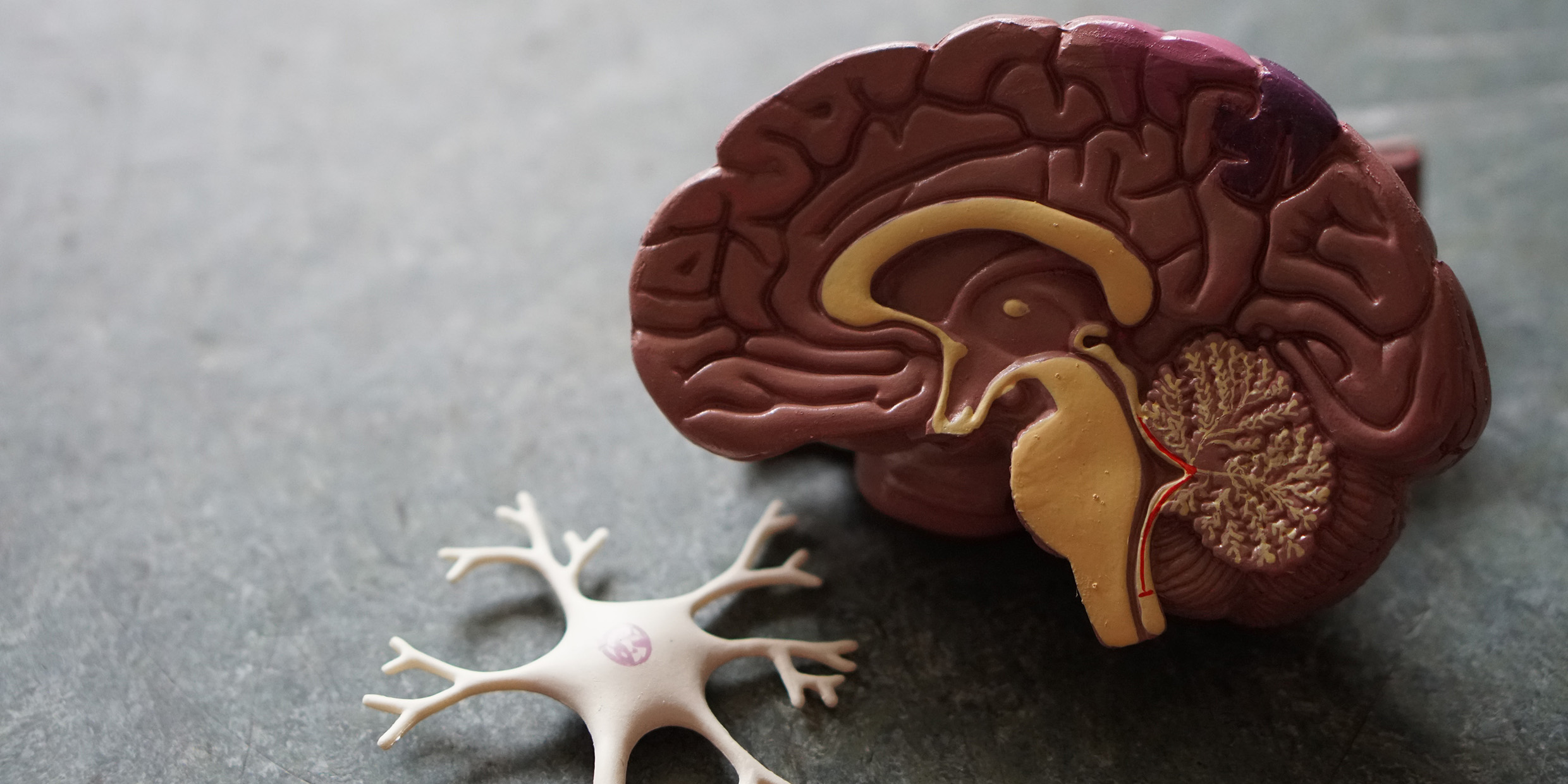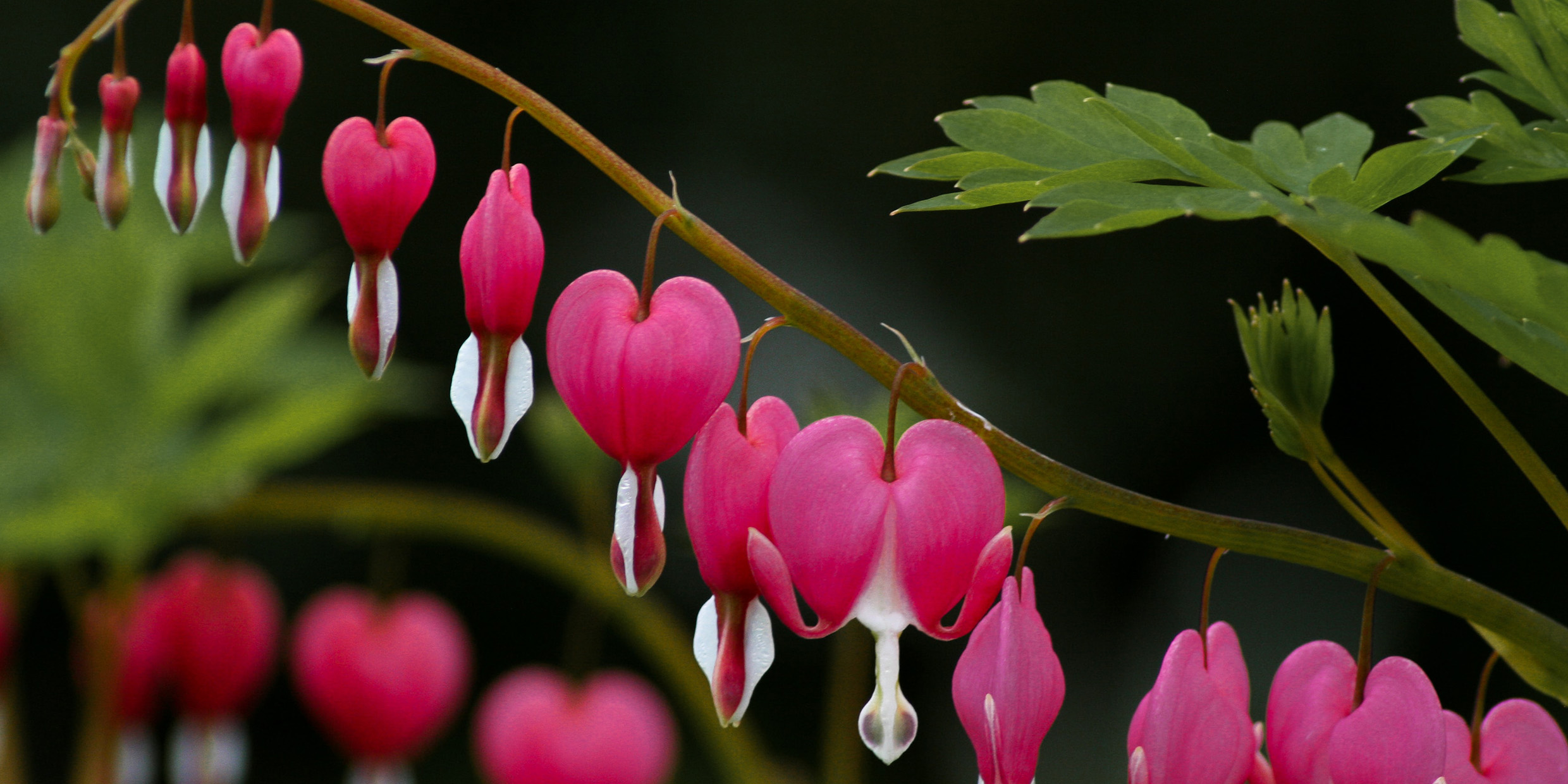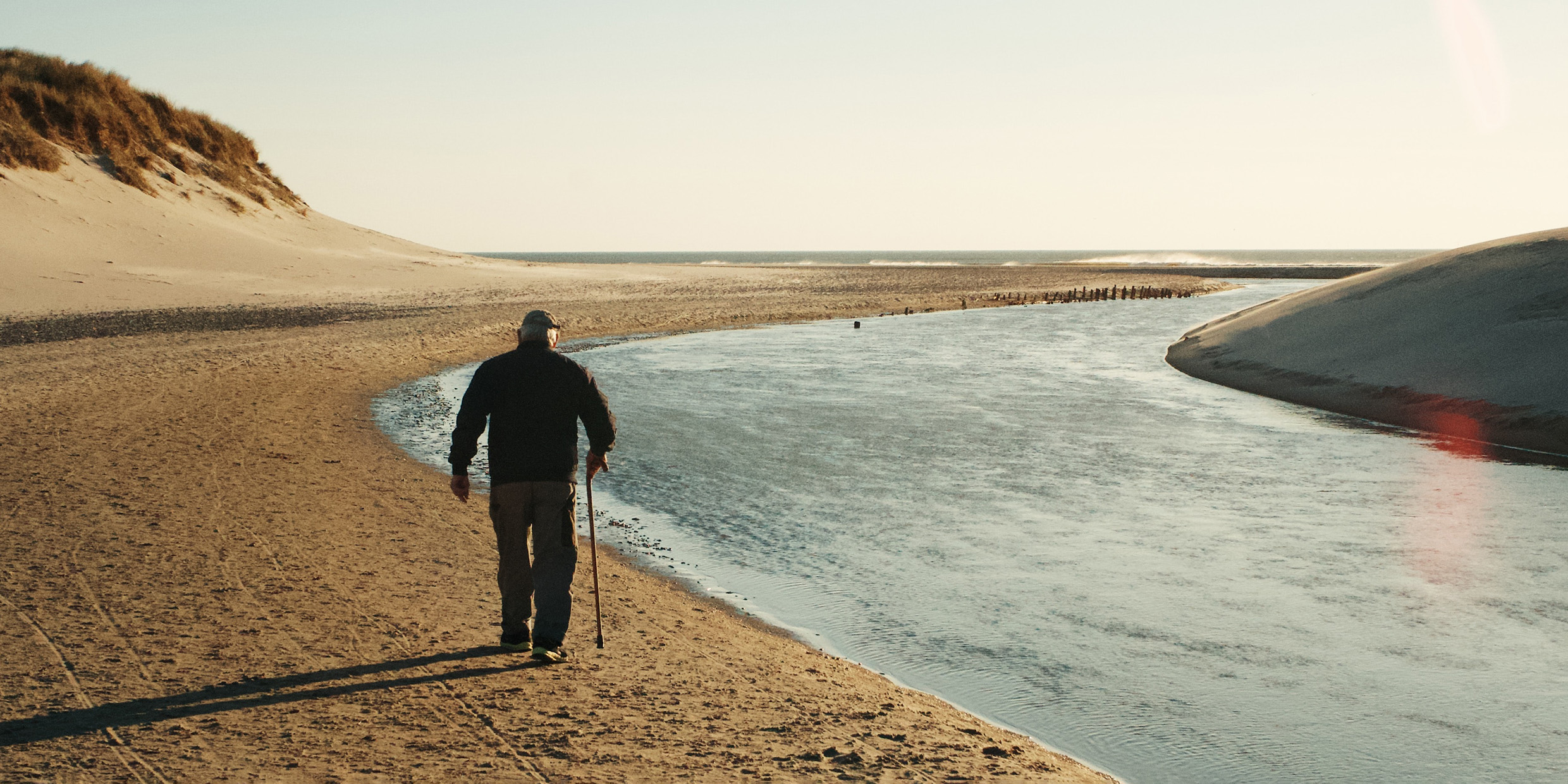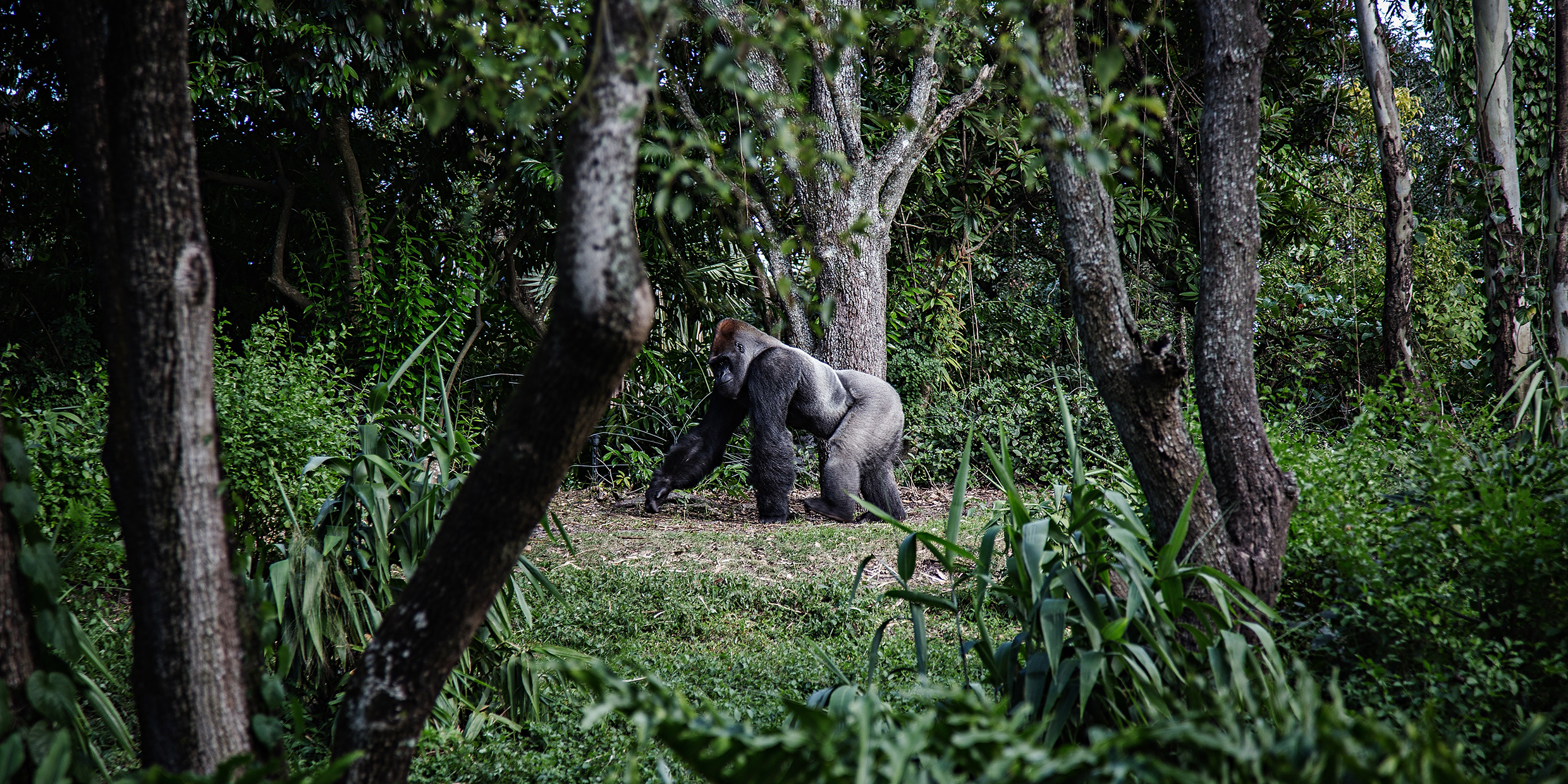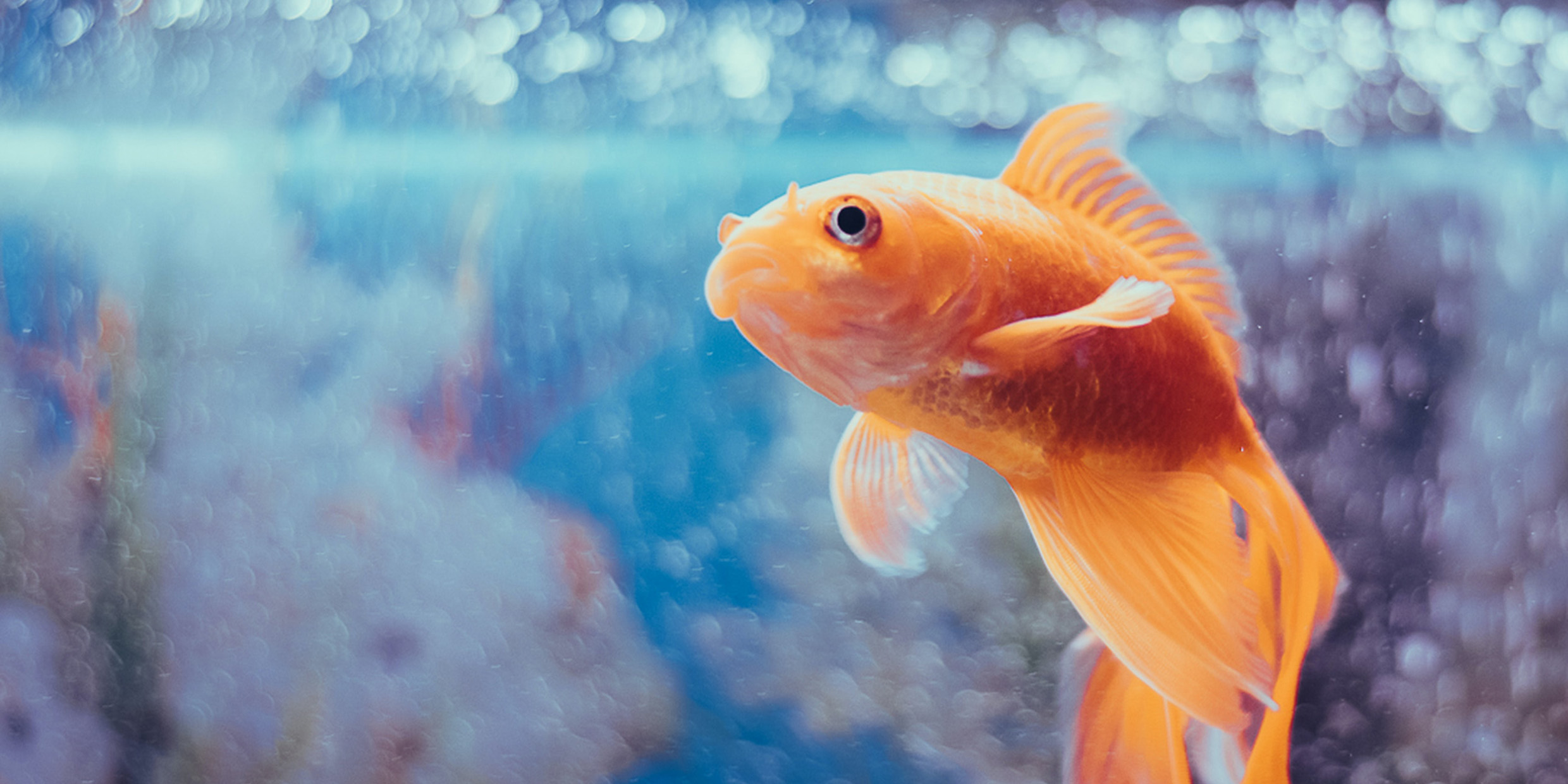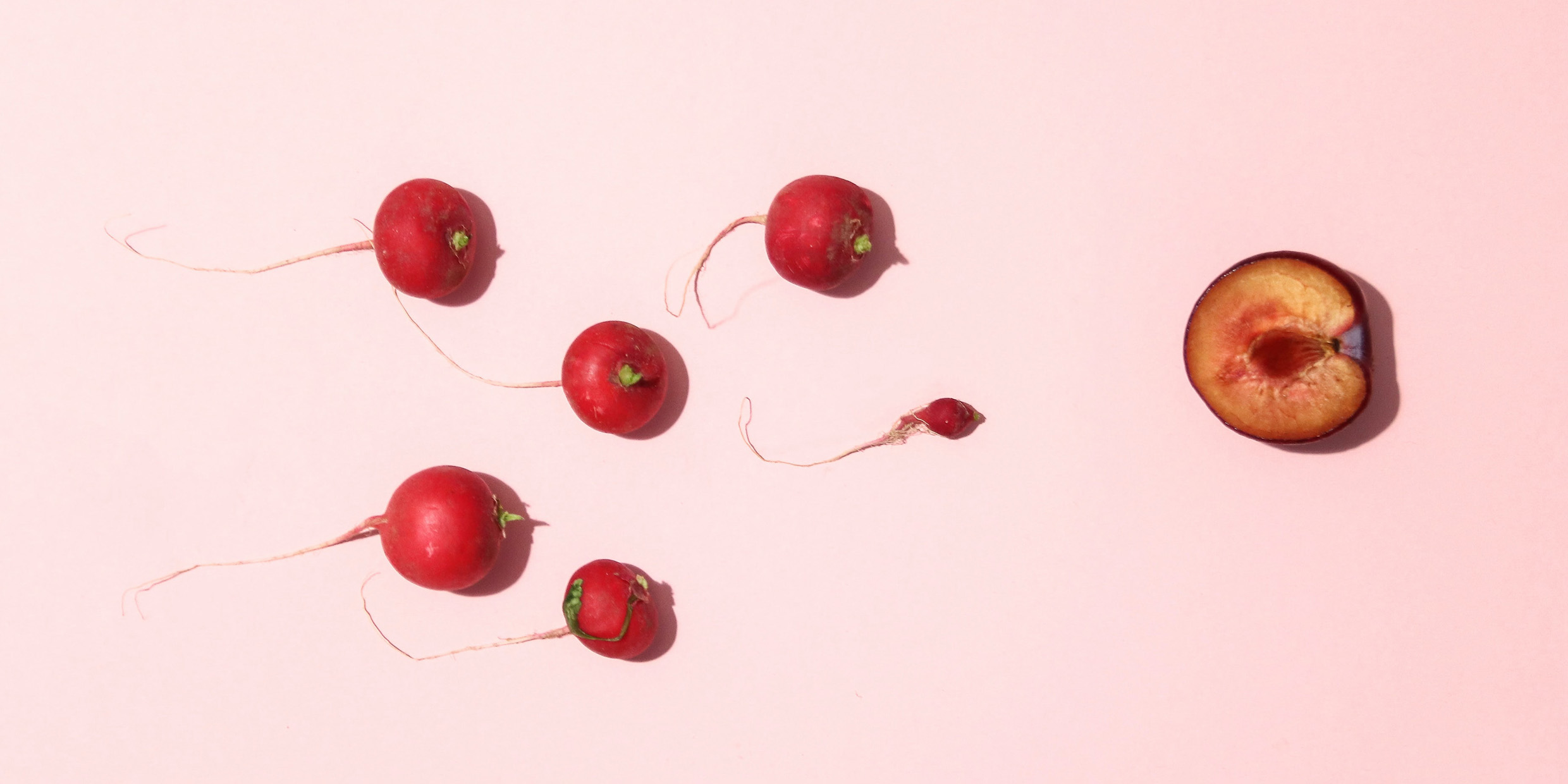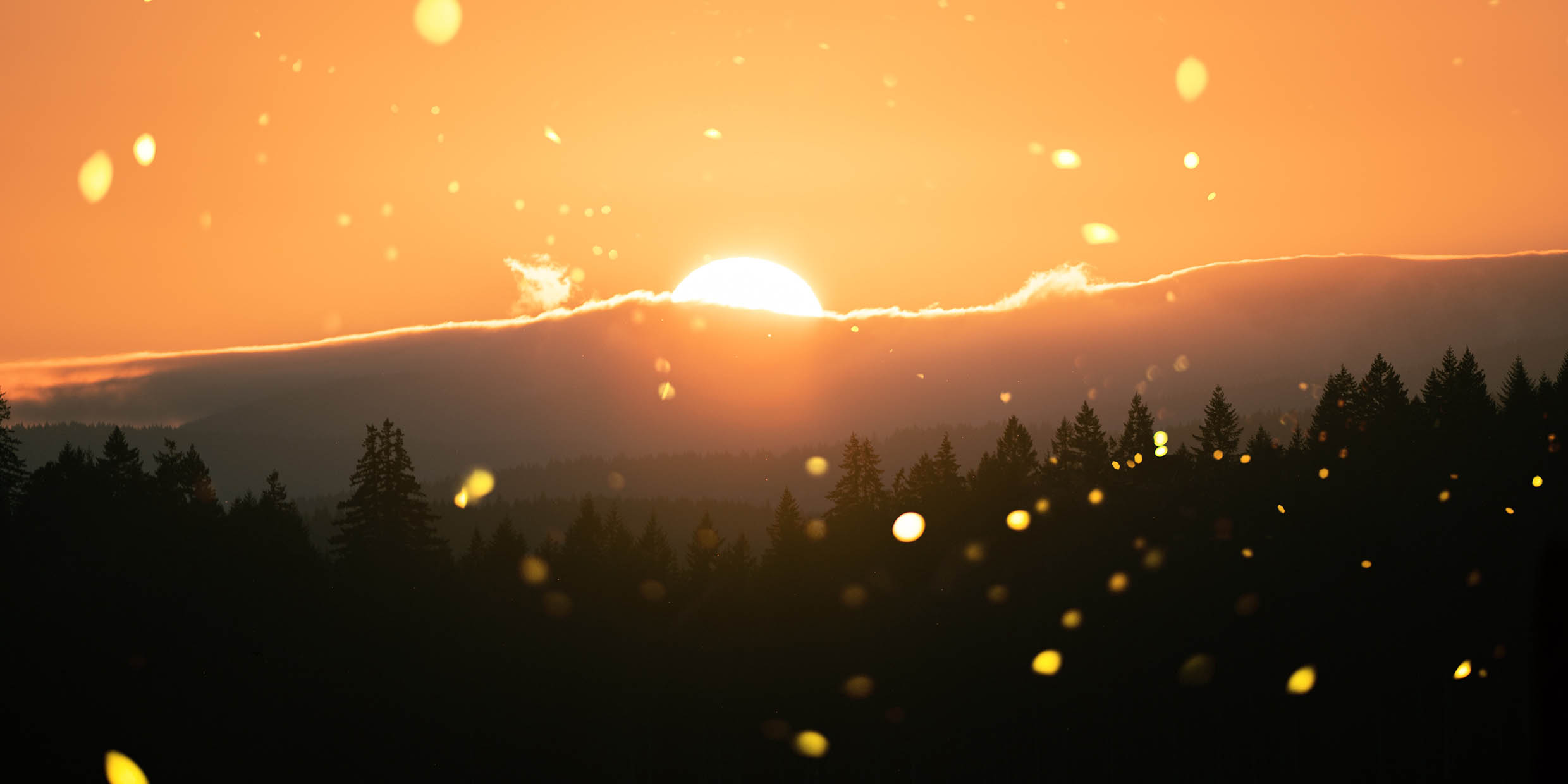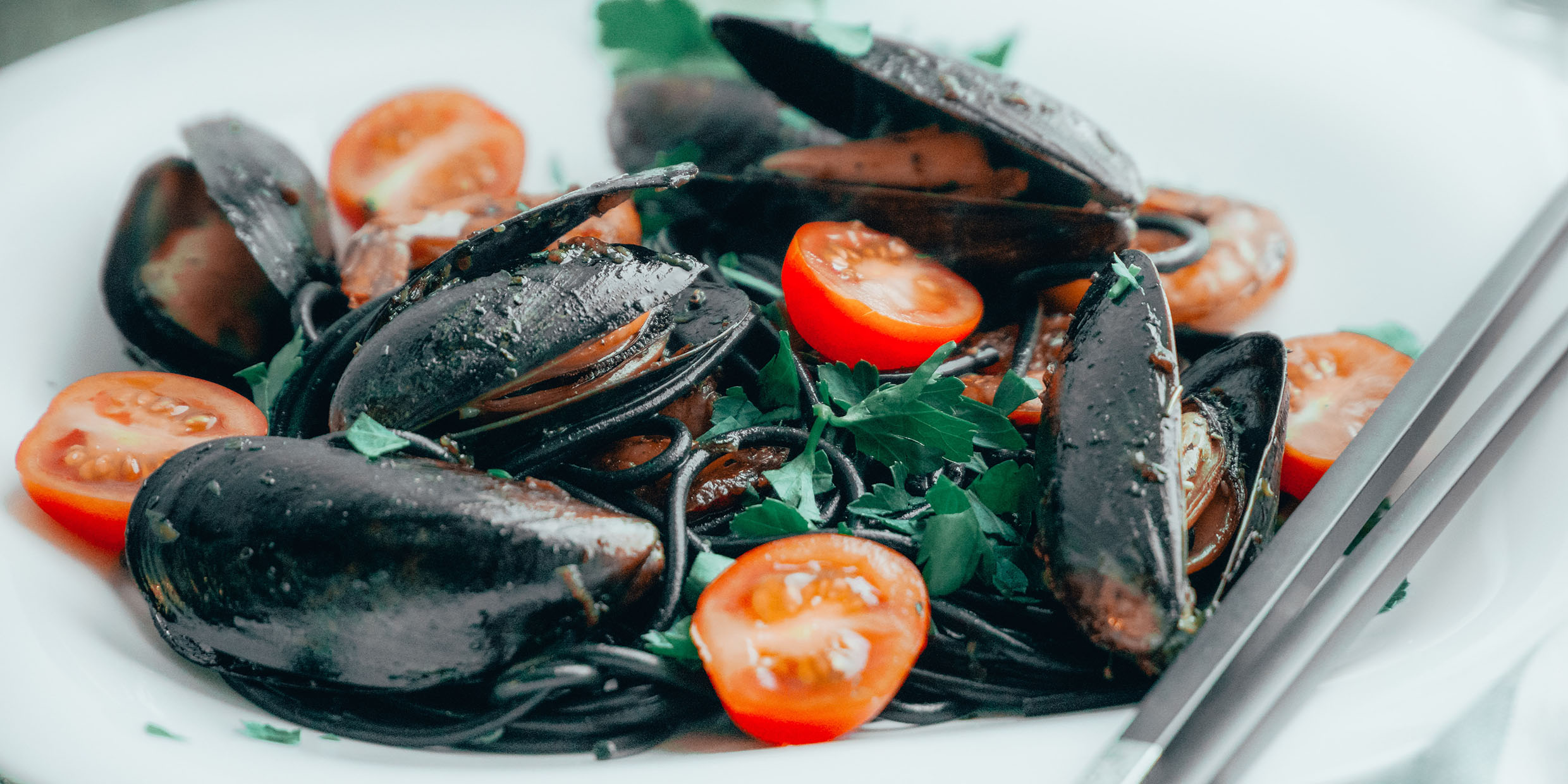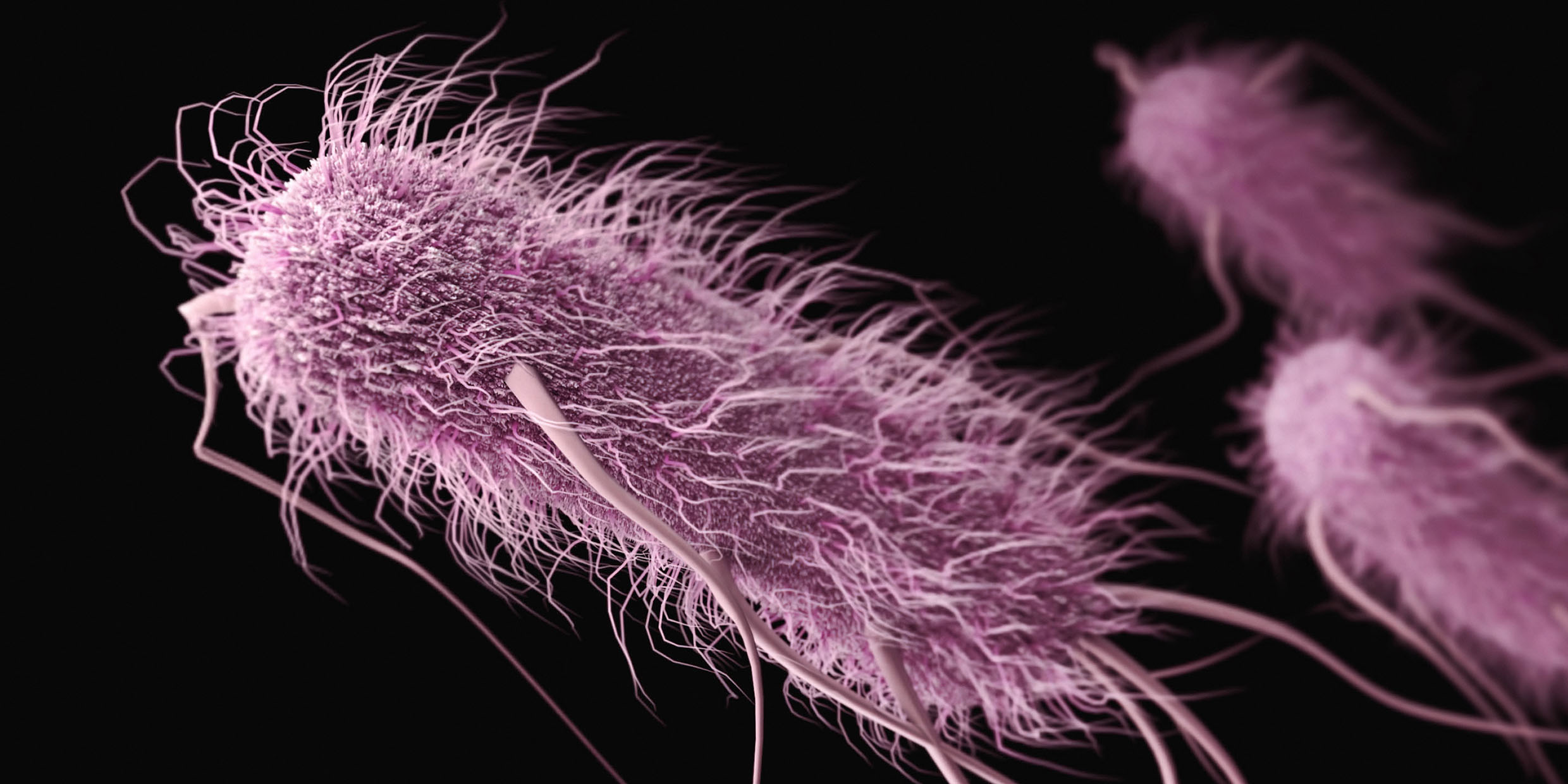Few poems of the previous century have attracted more discussion than Wallace Stevens’ “Sunday Morning.”
Biology
Making a mind
Francis Crick, the codiscoverer of the DNA double helix, writes in his book The Astonishing Hypothesis: “To understand ourselves, we must understand how nerve cells behave and how they interact.”
Birds do it. Bees do it. Even the blossoms in the trees do it.
Can a primrose be led down the primrose path?
Musing on a sixty-eighth birthday
The reading glasses go on at forty. Sex drive starts slipping at fifty. Memory is a problem at sixty. I’m waiting to see what happens at seventy.
What immortal hand or eye…
Chimps and gorillas get about by knuckle-walking. They curl back their fingers and bear the weight of their upper bodies on their knuckles, which permits them a four-legged scoot on the ground while retaining long, grasping fingers for swinging Tarzan-like among the branches. A nice compromise between life in the trees and life on the ground.
The chemical mind binds us together
As dumb as a goldfish.
The real mystery of human life
Question: Why does it take 200 million male sperm to fertilize a single female egg?
The spinning Earth keeps time for us
Just back from Europe. I’ve reset my watch, turned the small hand back five hours. Reset the clock in my laptop. There’s one clock I can’t reset so quickly — the one inside my body, the tick-tocking proteins that tell my body when to wake and sleep.
This mussel man is digging deep
There is no more delicious meal than a mess of saltwater mussels steamed in white wine, accompanied by a stick of just-baked French bread and a crisp green salad. And, of course, a carafe of chilled white wine.
Biodiversity thrives on the planet you
Imagine for a moment that a spacefaring crew of extraterrestrials is approaching Earth. From a distance of a thousand miles, they see a globe dappled with clouds, water, land patchy with color; no unambiguous signs of life. They speculate about whether the planet is inhabited.

